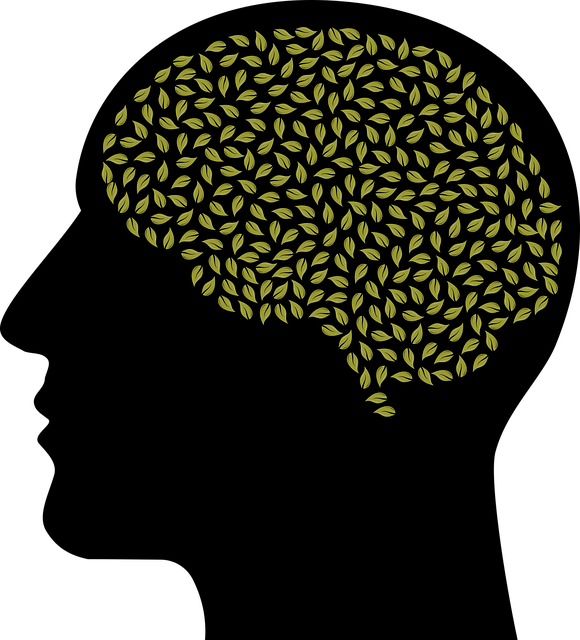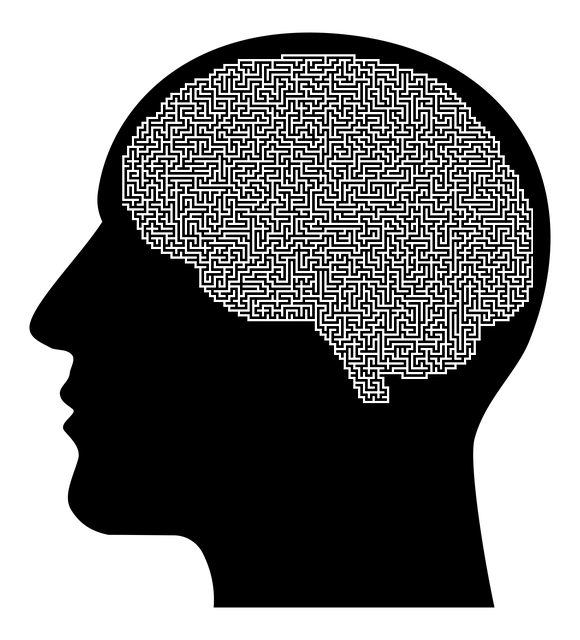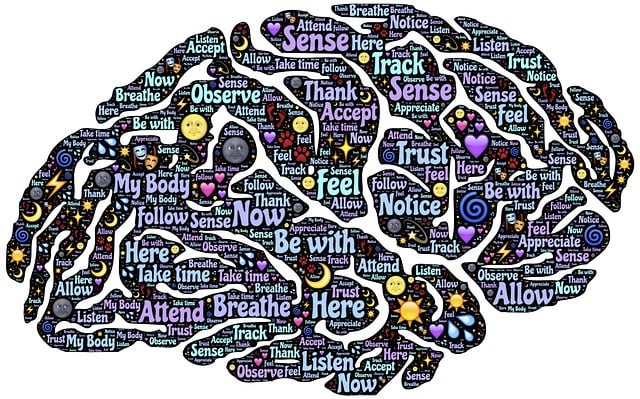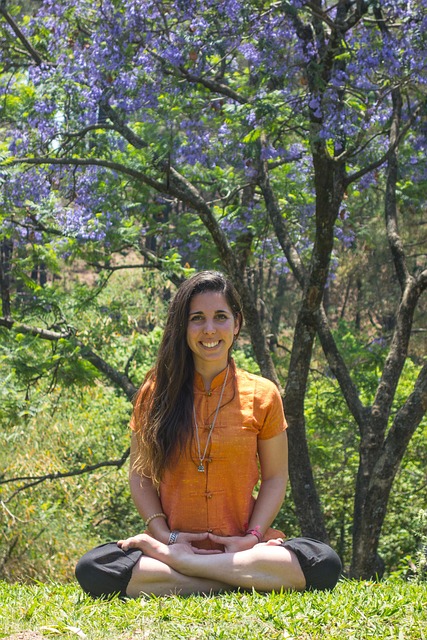Mental wellness groups in Colorado Springs provide crucial support for individuals coping with trauma, stress, and diverse mental health disorders. Facilitators, skilled in active listening, empathy, and cultural competency, create safe spaces encouraging open communication and community building. Through techniques like validating emotions, fostering dialogue, and teaching conflict resolution, these facilitators enhance participants' mental wellness, especially when adjusting to life in Colorado Springs. They equip individuals with tools to navigate life's complexities, ultimately promoting healing for those dealing with Colorado Springs Adjustment Disorder Therapy.
In today’s digital era, mental wellness group facilitation techniques play a pivotal role in enhancing overall well-being. This article explores essential aspects of group dynamics, effective communication strategies for facilitators, and creating supportive environments tailored to Colorado Springs Adjustment Disorder Therapy groups. By understanding the unique challenges faced by individuals seeking therapy in this setting, facilitators can revolutionize care, fostering meaningful connections and profound transformations.
- Understanding Mental Wellness Group Dynamics
- Effective Communication Strategies for Facilitators
- Creating a Supportive Environment in Colorado Springs Adjustment Disorder Therapy Groups
Understanding Mental Wellness Group Dynamics

Understanding the dynamics within mental wellness groups is a cornerstone for effective facilitation. These groups often bring together individuals facing diverse challenges, such as adjusting to life in Colorado Springs after a traumatic event, managing stress, or coping with various mental health disorders. Facilitators play a crucial role in creating a safe and supportive environment where members feel comfortable sharing their experiences.
Through active listening, empathy, and cultural competency training for healthcare providers, facilitators can address the unique needs of each participant. They guide discussions, encourage open communication, and foster a sense of community among members. By promoting understanding and connection, these techniques enhance mental wellness, providing valuable tools for navigating life’s complexities, including adjusting to new circumstances in Colorado Springs.
Effective Communication Strategies for Facilitators

Effective communication is a cornerstone for facilitators leading mental wellness groups in Colorado Springs Adjustment Disorder Therapy sessions. Facilitators must employ clear and empathetic speaking, actively listening to each participant’s unique experiences and perspectives. This involves creating a safe, non-judgmental space where individuals feel comfortable sharing their thoughts and emotions openly.
Cultural sensitivity plays a crucial role as well, especially when navigating diverse group dynamics. Facilitators should be adept at incorporating cultural awareness into their communication strategies, understanding and respecting the varying backgrounds, beliefs, and experiences present in the group. Techniques such as validating emotions, reflecting back sentiments, and fostering open dialogue contribute to building trust, encouraging self-esteem improvement, and promoting effective Stress Management within the therapeutic setting.
Creating a Supportive Environment in Colorado Springs Adjustment Disorder Therapy Groups

Creating a supportive environment is paramount when facilitating therapy groups for individuals dealing with Colorado Springs Adjustment Disorder. This begins with establishing a safe and non-judgmental space where every participant feels seen, heard, and valued. Incorporating Mind Over Matter principles can help foster this by encouraging self-reflection and promoting positive thinking. The facilitator should model active listening and empathy, ensuring everyone’s voices are heard and respected.
Group dynamics play a significant role in the healing process. Encouraging open communication through mental wellness journaling exercise guidance allows members to process their emotions and share their experiences. This practice can help individuals develop coping strategies and build resilience. Moreover, teaching conflict resolution techniques enables participants to navigate interpersonal challenges constructively, fostering a sense of community and mutual support within the group.
Mental wellness group facilitation goes beyond mere conversation; it’s about fostering a supportive environment, as seen in Colorado Springs Adjustment Disorder Therapy groups. By understanding dynamic group behaviors and employing effective communication strategies, facilitators can create safe spaces that enhance healing. Through tailored approaches like those discussed here, therapists in Colorado Springs can revolutionize mental health support, offering a symphony of assistance to those navigating life’s challenges.









